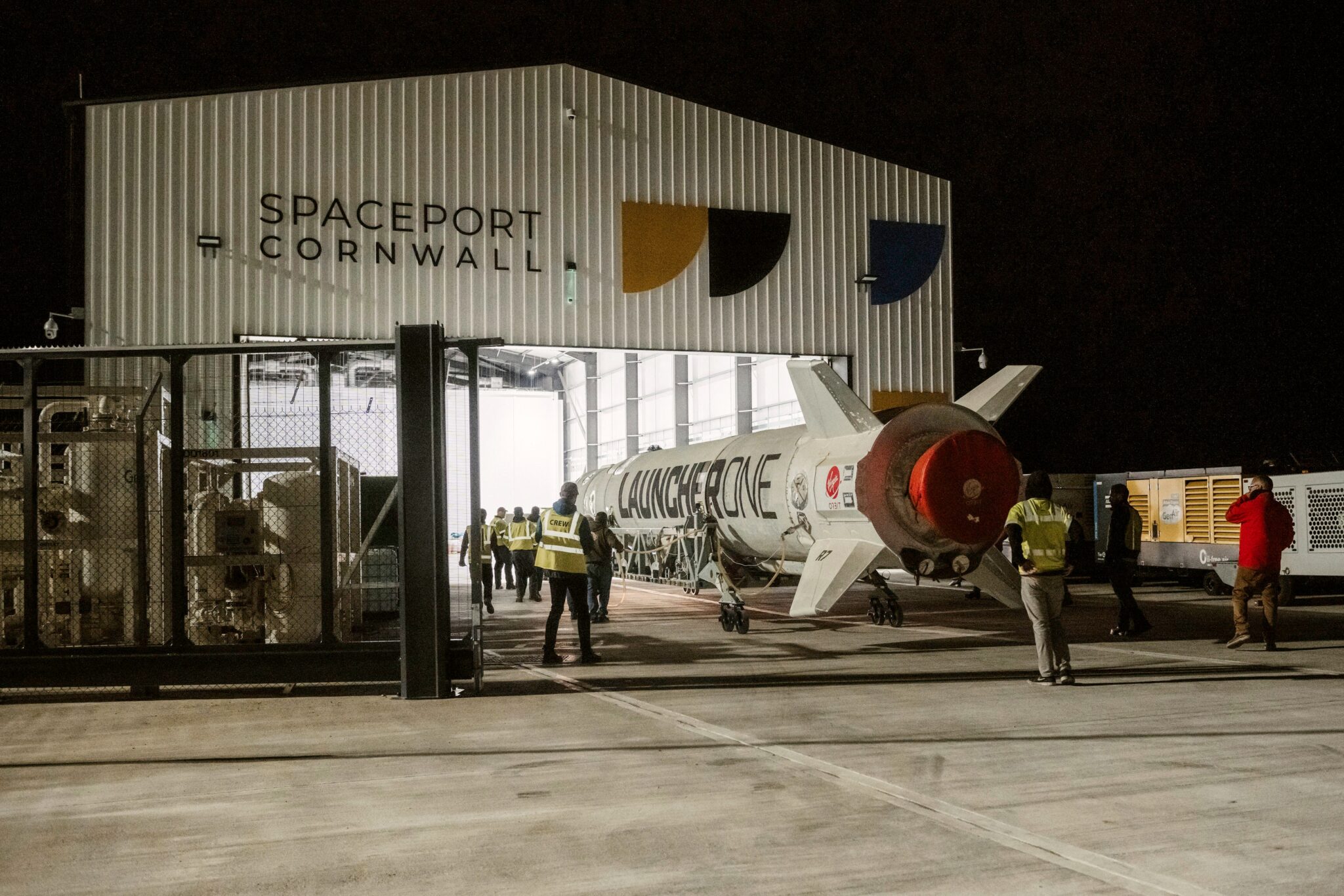The first attempt at an orbital launch of Virgin Orbit from the territory of the UK could be disrupted by a component worth only USD 100. This was stated by Executive Director Dan Hart at the SmallSat symposium in California. But he added that it was too early to announce the root cause of the unsuccessful flight of the LauncherOne rocket, since the U.K.’s Air Accidents Investigation Branch and the U.S. Federal Aviation Administration were still investigating the incident. This is reported by SpaceNews.

Grand failure from a tiny detail
“Currently, everything points to the absence of a filter. Everything points to, right now, a filter that was clearly there when we assembled the rocket but was not there as the second stage engine started, meaning it was dislodged and caused mischief downstream,” explained Hart.
Dan Hart did not provide more details on the missing element, noting only that it was an inexpensive part worth USD 100.
Virgin Orbit is widely considering other filter replacement options, and is also preparing its next LauncherOne rocket, which is scheduled to take off from the Mojave Air and Space Port in California. The Start Me Up mission is partially funded by the UK Space Agency, and if successful, it will be the first satellite launch from British land and the first commercial launch from Western Europe. This is also the first international launch of Virgin Orbit after a successful takeoff in the United States in 2021.
However, this is not the first anomaly during the tests. In May 2020, during a test launch of LauncherOne over the Pacific Ocean, a failure occurred during the first stage of the flight, which led to the premature termination of the mission.
Accidents at competitors
Virgin Orbit was not the only company in the group that had recently undergone a failed launch. The Vega-C four-stage rocket did not enter orbit at launch on December 20. The rocket failed to reach a speed sufficient to enter orbit, and fell into the ocean, destroying two Pléiades Neo satellites for Airbus Defense and Space image processing.
Earlier we reported on how Europe was actively struggling with the shortage of launch vehicles.
Follow us on Twitter to get the most interesting space news in time
https://twitter.com/ust_magazine

